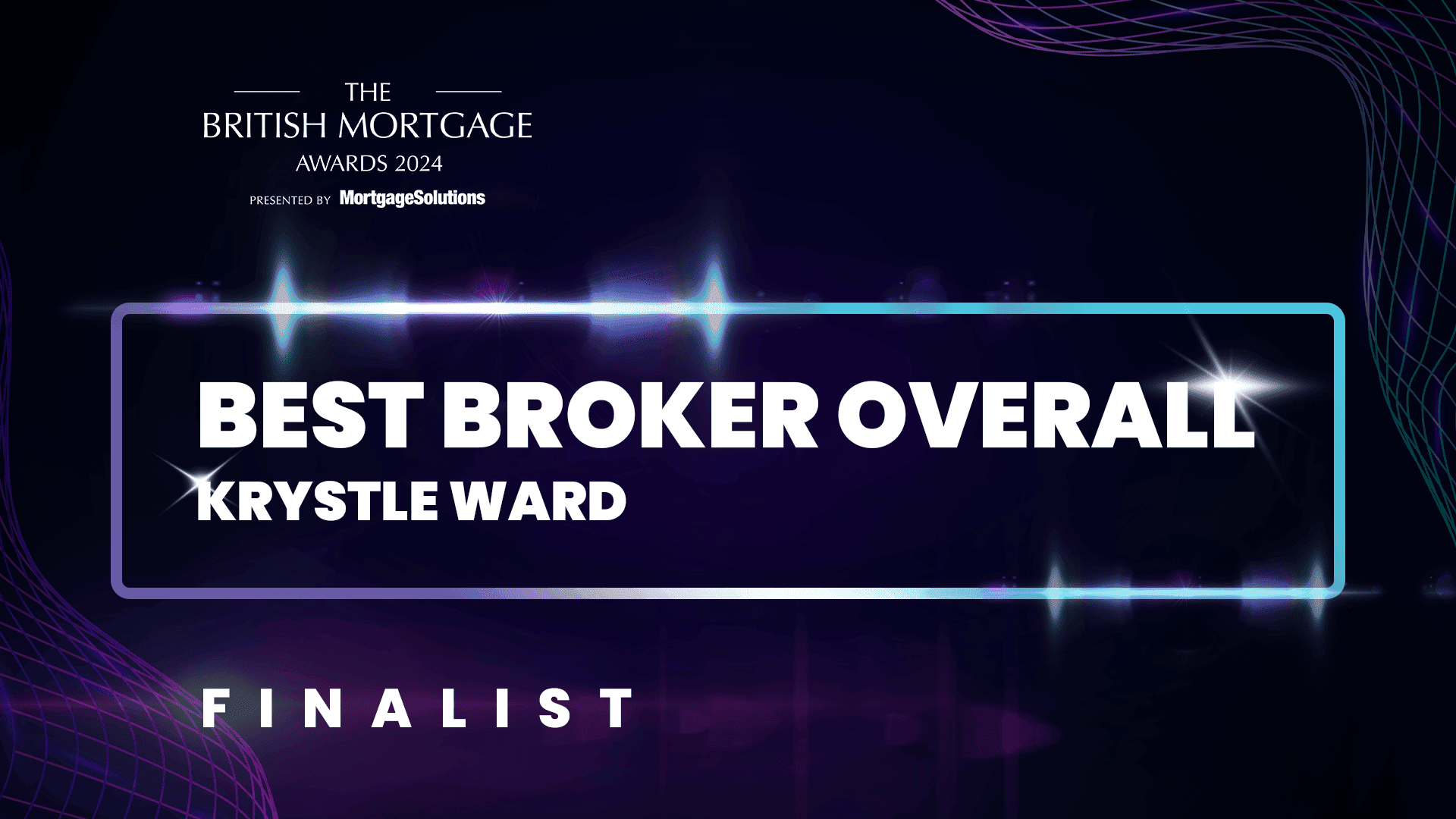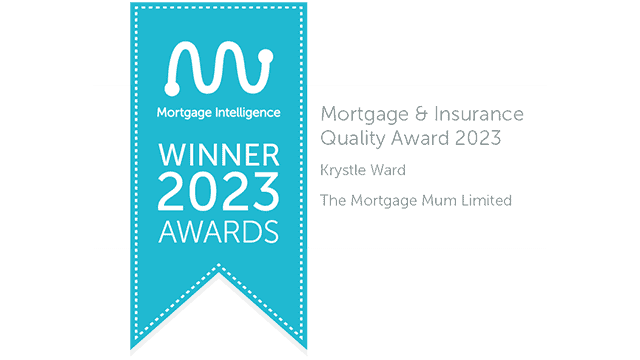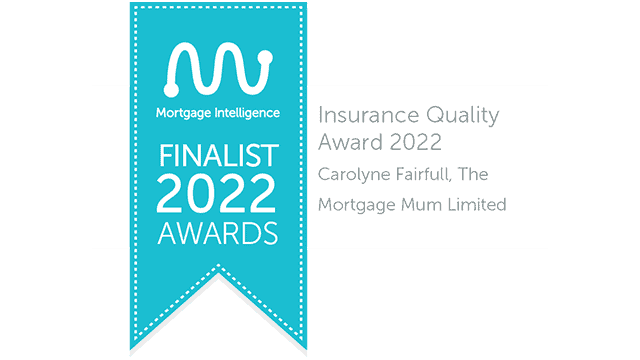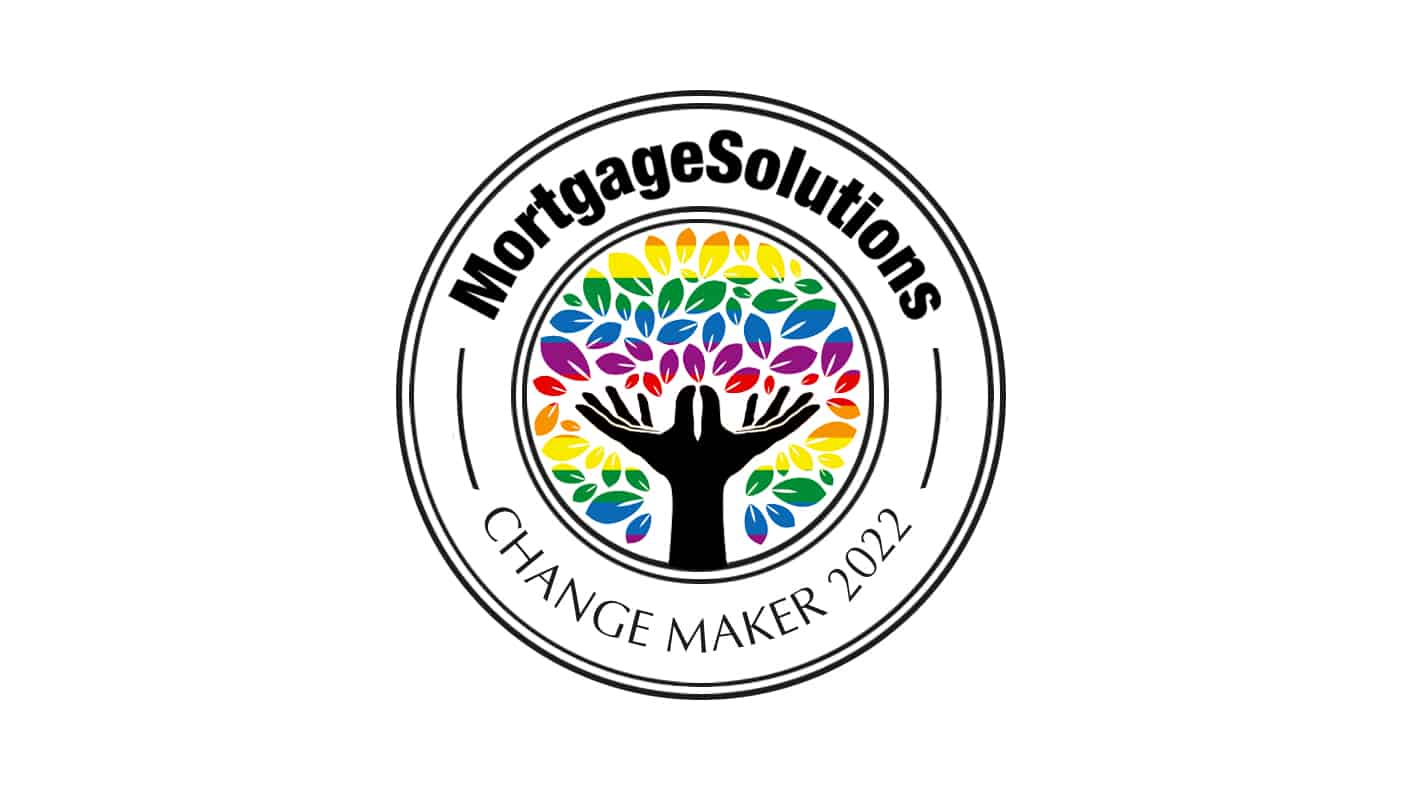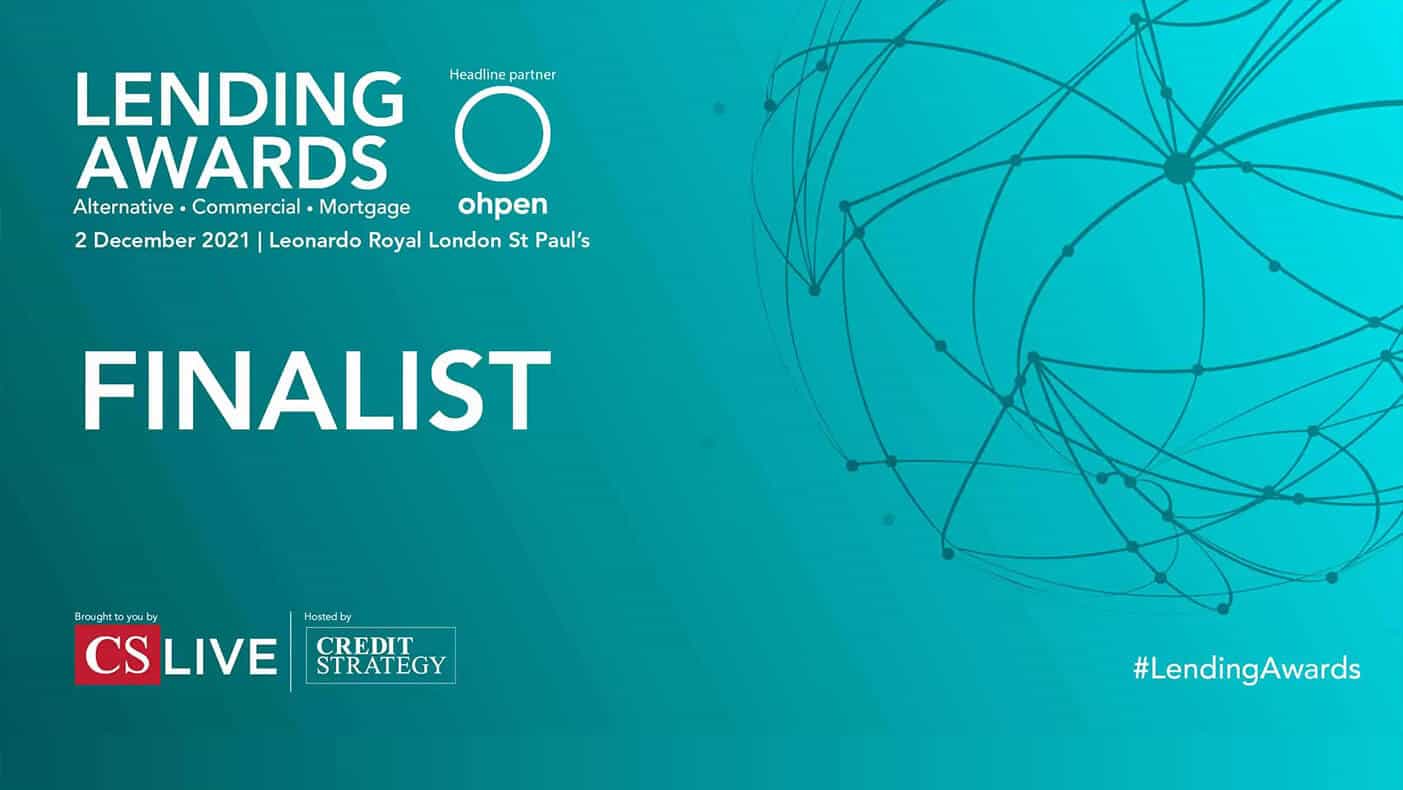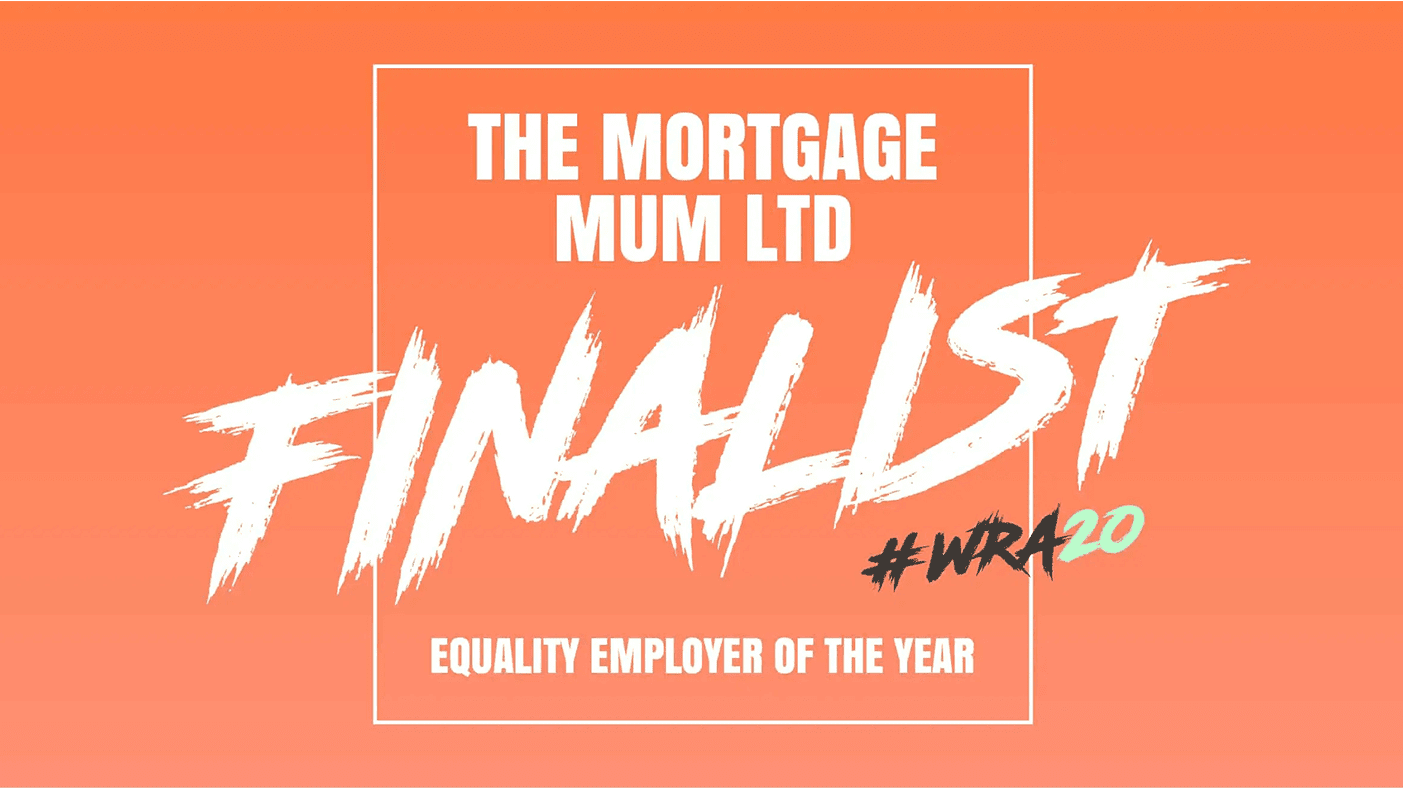While an IVA can provide much-needed debt relief and help avoid bankruptcy, it can have a significant impact on your credit file. It’s important to understand the impact it may have on you.
What is an IVA?
An Individual Voluntary Arrangement (IVA) is a legally binding agreement between an individual and their creditors. It is a formal bankruptcy solution, allowing you to repay debts over a fixed period of time.
When entering into an IVA, it is recorded on your credit file by credit reference agencies. This means that lenders and other financial institutions will be able to see that you’re on an IVA when conducting a credit check. The IVA will be listed on your credit file for a period of six years, even if the IVA itself is completed sooner.
How can it impact me?
The presence of an IVA is likely to make it more difficult to obtain credit during the term of the IVA and for some time afterwards. Lenders may view you as a higher risk borrower due to the history of financial difficulty and, as a result, may be less willing to extend credit or offer favourable terms.
It’s important to note that an IVA is considered a serious form of insolvency and is therefore a red flag to lenders. The exact impact on the credit score will vary depending on individual circumstances and the credit scoring model used by each credit reference agency.
However, the impact of an IVA on your credit is not permanent. Once the IVA is completed and all obligations are fulfilled, it will be marked as satisfied on the credit file. While the IVA will still be visible for the six-year period, its impact may reduce over time as you demonstrate responsible financial behaviour.
Further considerations
Having an IVA may also affect any future income or assets. For example, if you move house during an IVA, any money you make as profit from the sale of your property might have to be paid into the IVA. If your income goes up while you have an IVA, you have to declare it to your insolvency consultant.
For more information, contact your adviser who can support you and discuss the options available to you.
If you’d like to discuss the options available to you, contact your adviser today.
Mortgage Intelligence (Published July 2023)
Photo by Yan Krukau / Pexels


























